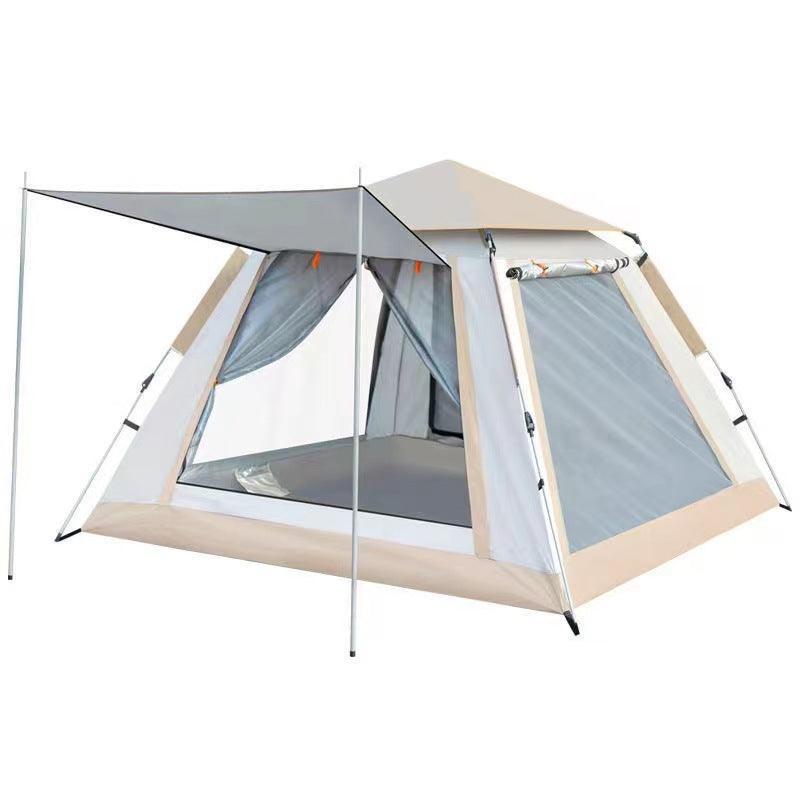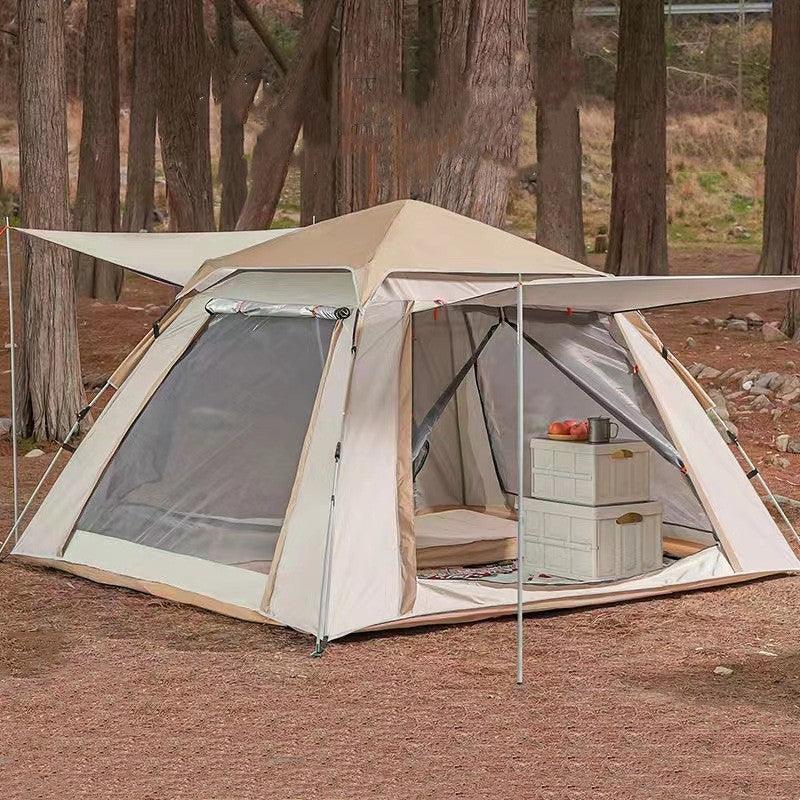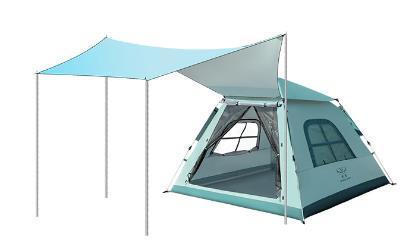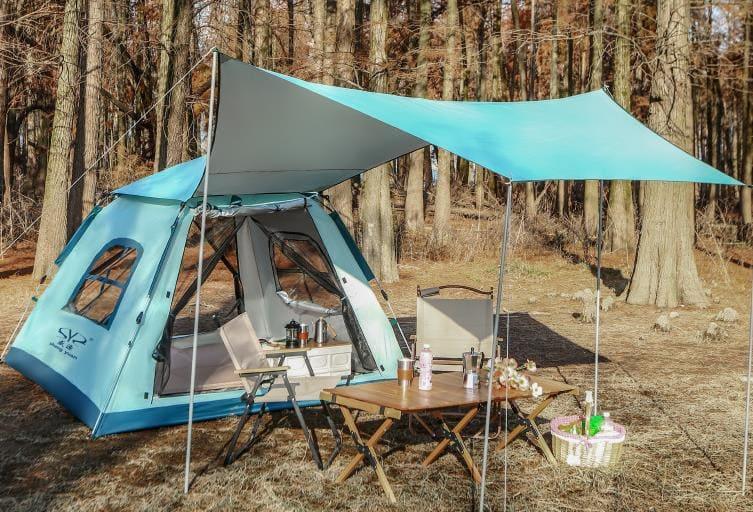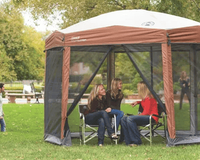Condensation is a common problem that affects many camping enthusiasts. It occurs when warm and moist air inside the tent meets a cold surface, such as the walls and ceiling of a tent. If ignored, condensation in a tent can lead to a wet and uncomfortable camping experience. In this post, we will discuss what condensation is, how to differentiate between condensation and a leak, and how to prevent condensation in tents.

What is condensation (how is it formed in a tent)?

As a camper, one of the most common question you ask when waking up in a tent might be "why is my tent wet inside"? The culprit is condensation. Condensation is the process of water vapour turning into liquid water when it comes into contact with a cold surface. In a tent, The causes of condensation is when warm and moist air inside the tent touches the cold walls and ceiling of the tent.
Has my tent leaked, or is it condensation?

It can be challenging to tell whether your tent is leaking or if it is condensation. If the water droplets are only on the inside surface of the tent and disappear when wiped, then it is most likely condensation. However, if water droplets are present on both the inside and outside the tent, it is probably a leak.
The dos and don'ts on how to stop condensation in a tent
Do: Ventilate your tent
A well-ventilated tent allows for airflow, reducing the amount of condensation build-up. Make sure to open all mesh windows, mesh panels, and vents for proper air circulation.
Do: Pitch in the right spot
Pitching your tent in the right spot can help reduce tent condensation from building up. Choose a location with good airflow, away from lakes or rivers, and avoid wet or damp ground.
Do: Use a rain fly
Rain flies serve as a barrier, protecting the tent from moisture build-up. A properly pitched rain fly will provide enough ventilation and prevent water droplets from forming on the inner surface of the tent.
Do: Use moisture-absorbing materials
Silica gel packets or moisture absorber bags help absorb moisture present in the air, reducing condensation build-up inside the tent.
Don't: Over-insulate
Insulation traps heat and moisture inside the tent, increasing condensation build-up on the walls and ceiling.
Don't: Cook inside your tent
Cooking food and boiling water inside the tent adds moisture to the air and can lead to condensation build-up. Instead, cook outside your tent and avoid activities that produce moisture.
Conclusion
By following these simple tips, you can reduce or prevent tent condensation build-up in your tent. Proper ventilation, pitching in the right spot, using a rain fly, and moisture-absorbing materials are all essential in stopping water droplets from forming on the inside of your tent.
[ddshopfaq-59136]

